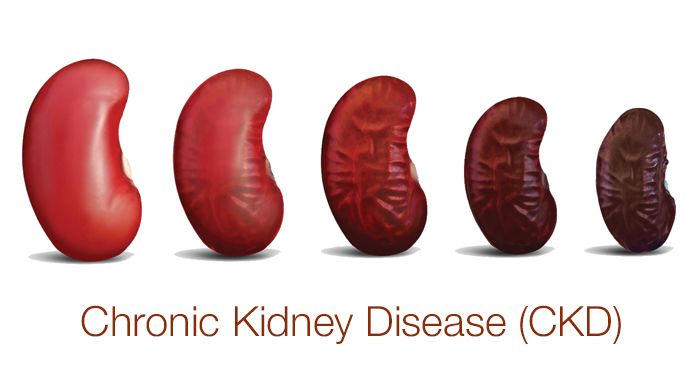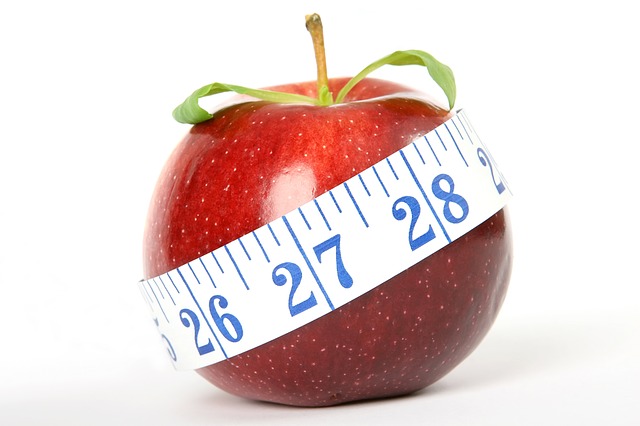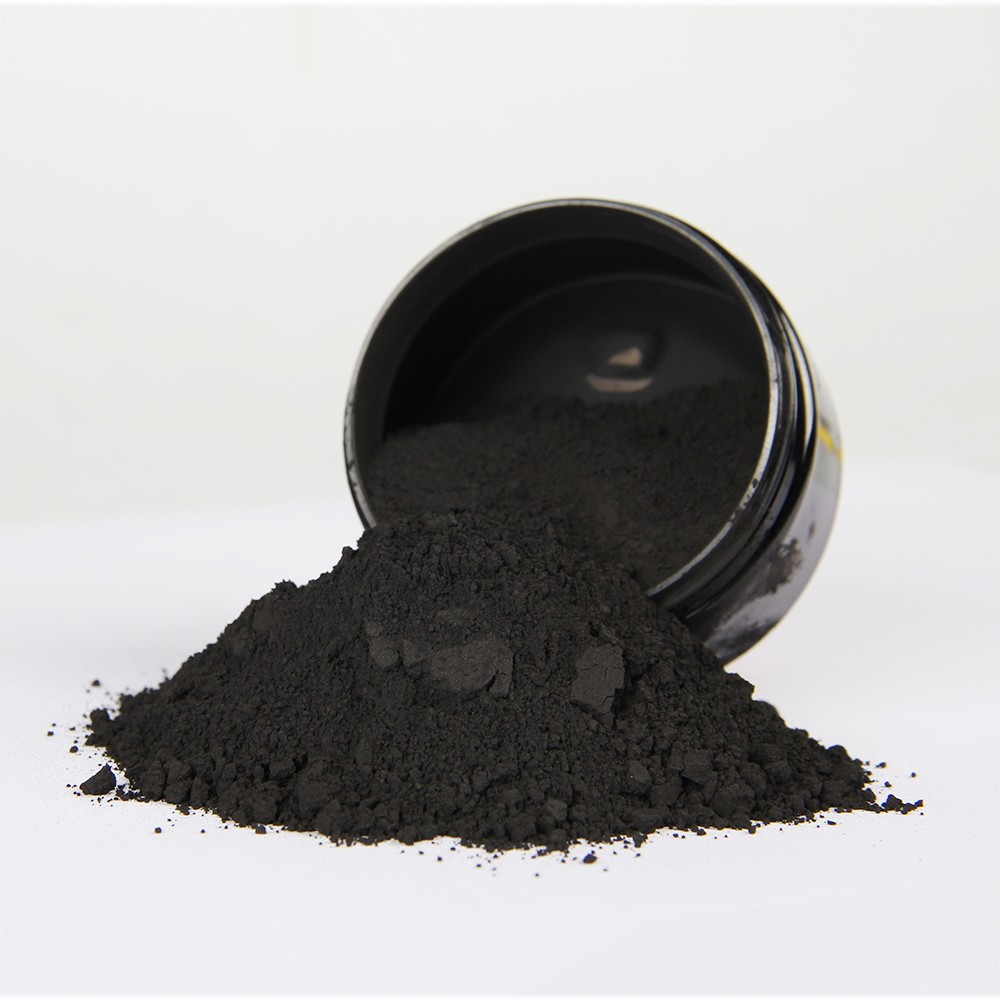Kidney disease is a silent killer that doesn’t get as much recognition that it should. Chronic kidney disease is also called chronic kidney failure, however, around the world, it is mostly called kidney failure. Kidney disease has numerous symptoms, treatments and causes. Diseases affect the host body and organ negatively by altering its function. Kidney disease describes the gradual loss of kidney function. In this same line of thought, you hear about acute renal failure. The kidneys can be described as two bean-shaped organs in the renal system. The kidneys help the body to filter waste as urine. They also help to filter blood before sending it back to the heart. The kidneys are crucial organs in the body because they help in maintaining overall fluid balance, regulating and filtering minerals from the blood. filtering waste materials from food, medications, and toxic substances, creating hormones that help produce red blood cells, promote bone health, and regulate blood pressure. Without your kidneys, the body cannot perform its functions completely and will cause death. Asides medical practitioners, only people who have been directly affected by the disease. More than 26 million Americans have chronic kidney disease. There are various types of kidney disease. Everybody is born with two kidneys, however, only one kidney is needed to survive. A few people are lucky enough to have only one kidney damaged, however, most people need a whole new kidney. Chronic kidney disease progresses in stages. If it remains untreated, it can lead to complete loss of kidney function. At chronic kidney disease stage five, when both kidneys fail completely, the only options for survival are dialysis or a kidney transplant. People with chronic kidney disease may not experience symptoms in the early stages of the disease, thus slowing its effects. This disease affects people of all ages, however, individuals over 60 have a higher chance of getting the disease. 10% of the population worldwide is affected by chronic kidney disease and millions die annually due to the lack of access to affordable treatment. Chronic kidney disease is a worldwide health crisis. For example, in the year 2005, there were approximately 58 million deaths worldwide, with 35 million attributed to chronic disease, according to the World Health Organization. The disease is described as chronic for a reason.

Kidney Disease Causes
In order to treat a disease, it is important to know the cause of this disease. Kidney disease causes differ across individuals, however, there is a group of likely causes. Patients just have to find out which shoe is more likely to fit based on their lifestyle and work towards it.
- Loss of blood flow in the kidneys
The loss of blood flow in the kidneys can cause kidney failure. The loss of blood flow is not random and can be caused by other conditions which include, a heart attack, scarring of the liver or liver failure, dehydration, heart disease, allergic reaction, severe infection or severe burn.
- Problems urinating.
The inability to urinate will cause a build-up of toxins in the kidney, leading to an overload. Various cancers are capable of blocking the urinary channels. Other things that can affect urination are kidney stones, an enlarged prostate, damage to the nerves that control the bladder and blood clots within the urinary tract.
- Other causes
There are so many other kidney disease causes which are not classified under a major break down. These causes stem from lifestyle choices and overall bodily health and care. They include; a blood clot within and/or around your kidneys, infection, toxin overload from heavy metals, excessive drugs and alcohol, inflamed blood vessels. Autoimmune diseases like lupus nephritis can cause inflammation of many body organs, including the kidney. Glomerulonephritis, an inflammation of the small blood vessels of the kidneys, can also cause kidney disease. Haemolytic uremic syndrome, which involves the breakdown of red blood cells following a bacterial infection, usually of the intestines, multiple myeloma, a cancer of the plasma cells in your bone marrow, thrombotic thrombocytopenic purpura, a disorder that causes blood clots in small vessels, chemotherapy drugs, medications that treat cancer and some autoimmune diseases, dyes used in some imaging tests, certain antibiotics, uncontrolled diabetes and vasculitis
Kidney Disease Symptoms
Kidney disease symptoms are usually subtle. Numerous people do not experience symptoms at all. Symptoms are warning signs of a condition. Knowing these symptoms will help you take a step in the right direction and commence treatments early enough if need be. when experiencing one or more symptoms, it is best you see your doctor and undergo a urinalysis and other necessary tests. Kidney disease symptoms include.
- Fatigue
- Dizziness/ weakness
- Shortage of breath
- Trouble producing clear thoughts
- Swelling of the hands and feet
- Itchiness
- Puffy face
- Ammonia breath
- Food tasting like metal
- Nausea
- Brown, red or purple urine
- Foamy urine
- A major difference in urinary pattern
- Feeling cold when others are warm.

photo via independent.ng
Kidney Disease Treatment
To nurse yourself back to health, the kidney disease would require treatment. There are various treatments for chronic kidney diseases. The treatment used on a patient is determined by the cause, patient’s age, health conditions, cost, resources and more. These treatment options include;
- Medical procedure: there are various medical procedures a patient can undergo to treat kidney disease. Dialysis is the most known treatment for kidney disease. It is the use of a machine to filter the blood when the kidneys cannot. Peritoneal dialysis is another medical procedure. It is a home-based therapy that uses the natural lining of the abdomen as a filter to clean the blood when the kidneys can no longer do so. Lastly, Hemofiltration makes use filters outside the body to clean the blood when the kidneys are injured.
- Surgery: most times, surgery is the last resort. When the kidneys are completely failing a transplant is an option. A kidney transplantation involves the surgical replacement of a diseased kidney with one from a living or deceased donor.
- Medications: medications are another means by which kidney disease can be treated. These medications may be combined with other treatment to offer support to the ailing organ. In medication, vitamins are essential because they help to promote normal body function, growth and development. Other medications include calcium reducer which decreases the amount of calcium in the blood, bone marrow stimulant, to help the bone marrow produce new blood cells, diuretic for an increased urine production to get rid of excess salt and water and dietary supplement, which works alone or in conjunction with other treatments to promote health.
- Lifestyle changes: Your lifestyle comprises of your diet, habits and self-care. These lifestyle choices can make or mar your kidney treatment. A low protein diet will help with kidney disease treatment. A reduced consumption of meat, fish and cheese will help. Also, the excessive ingestion of drugs and alcohol will go a long way in kidney disease treatment.






